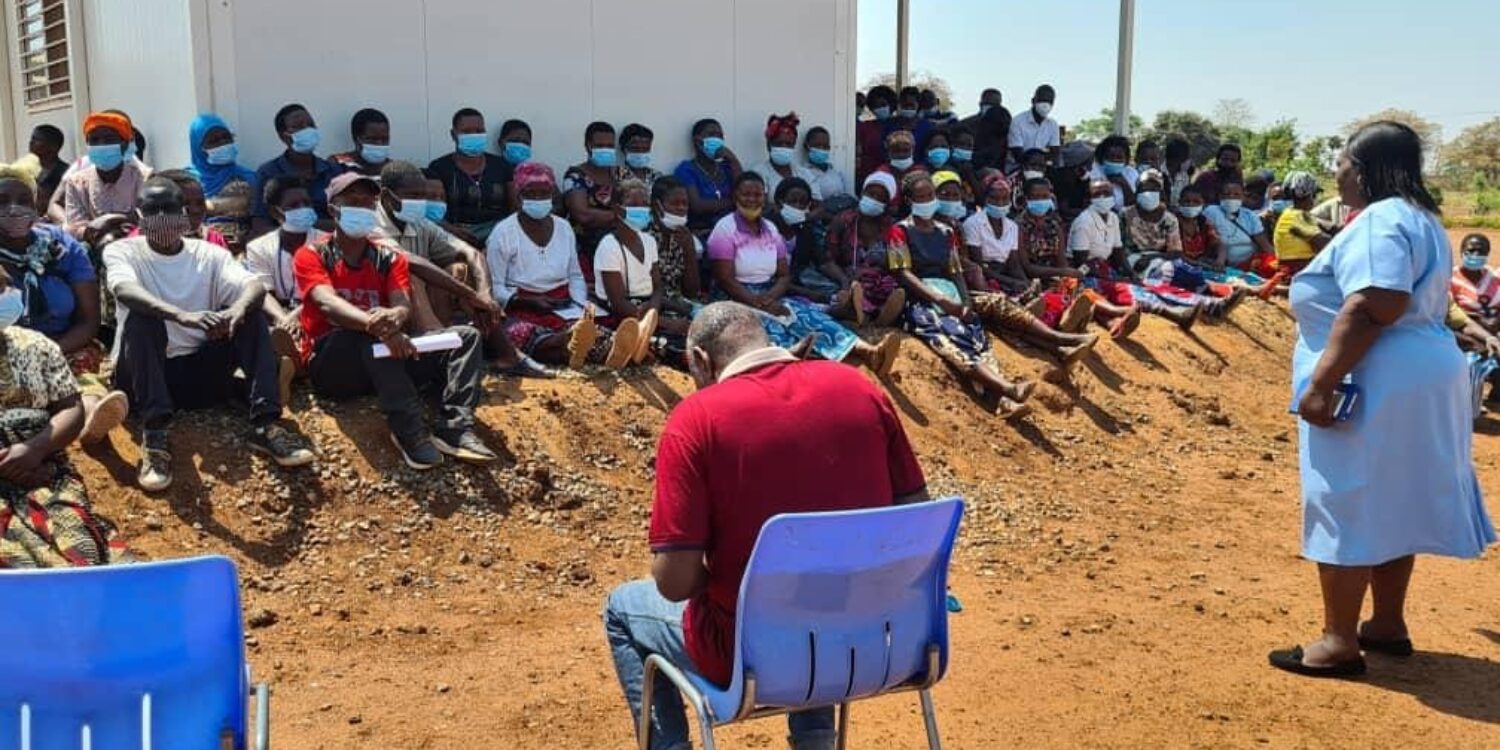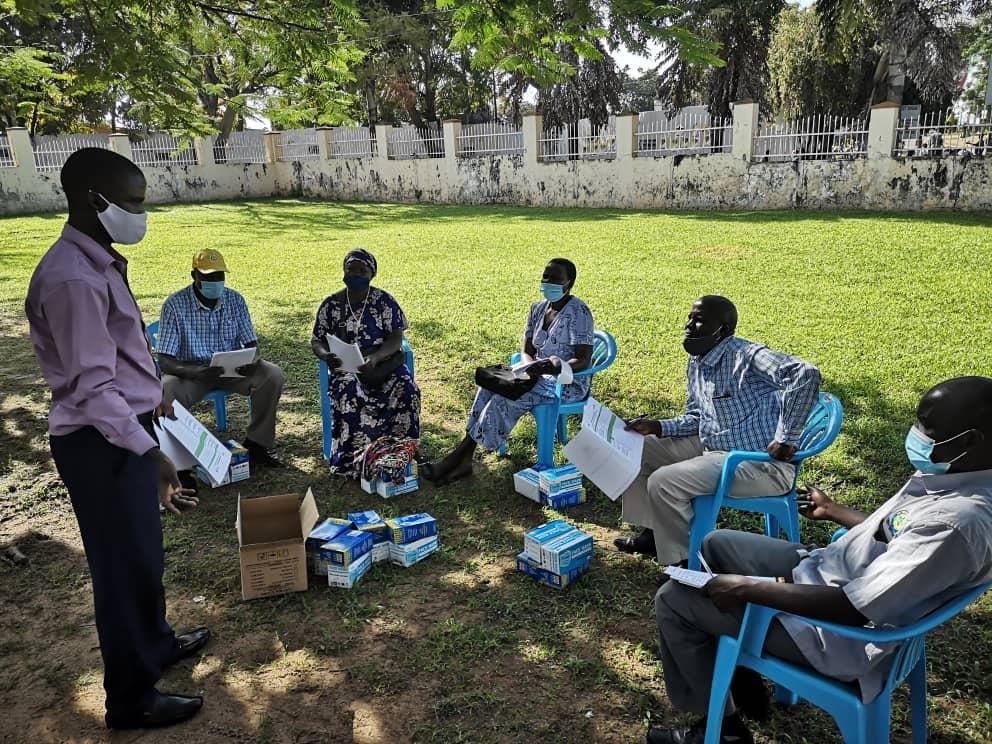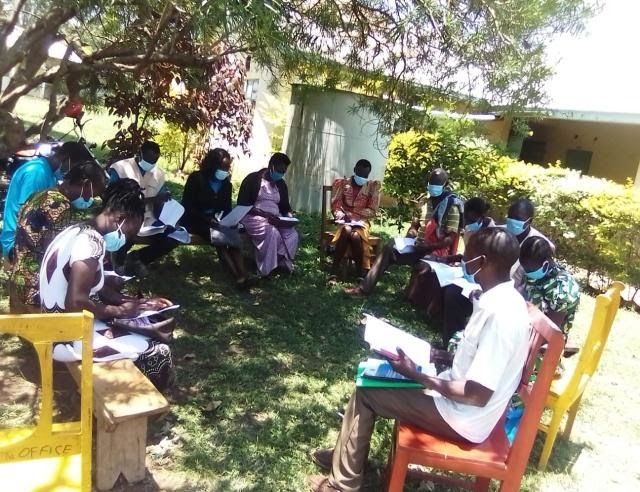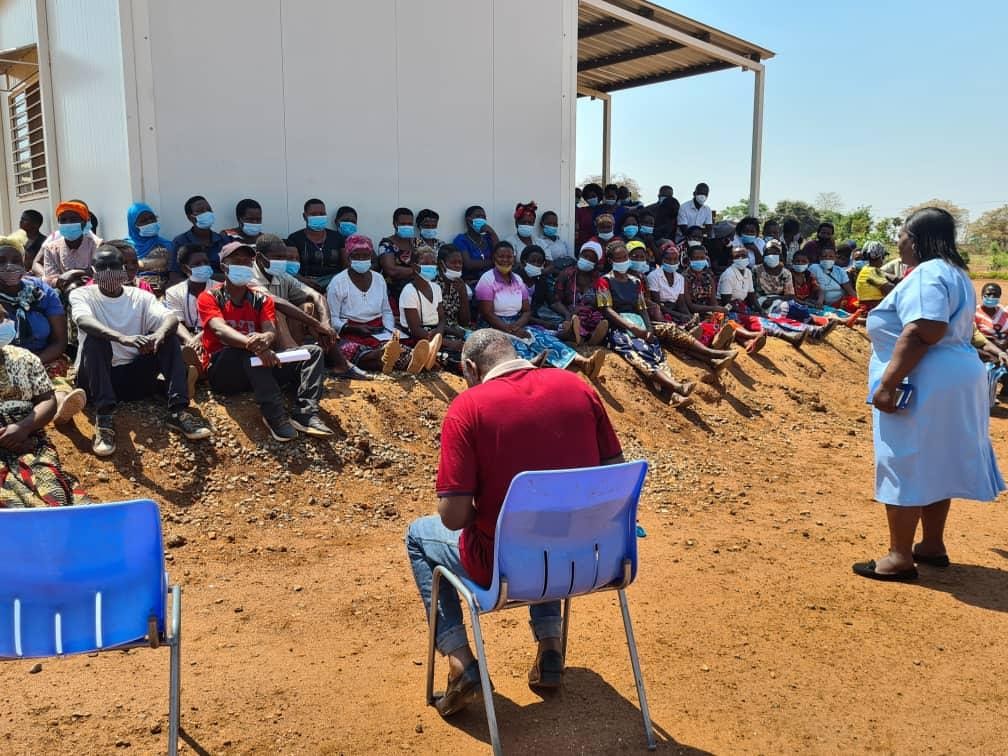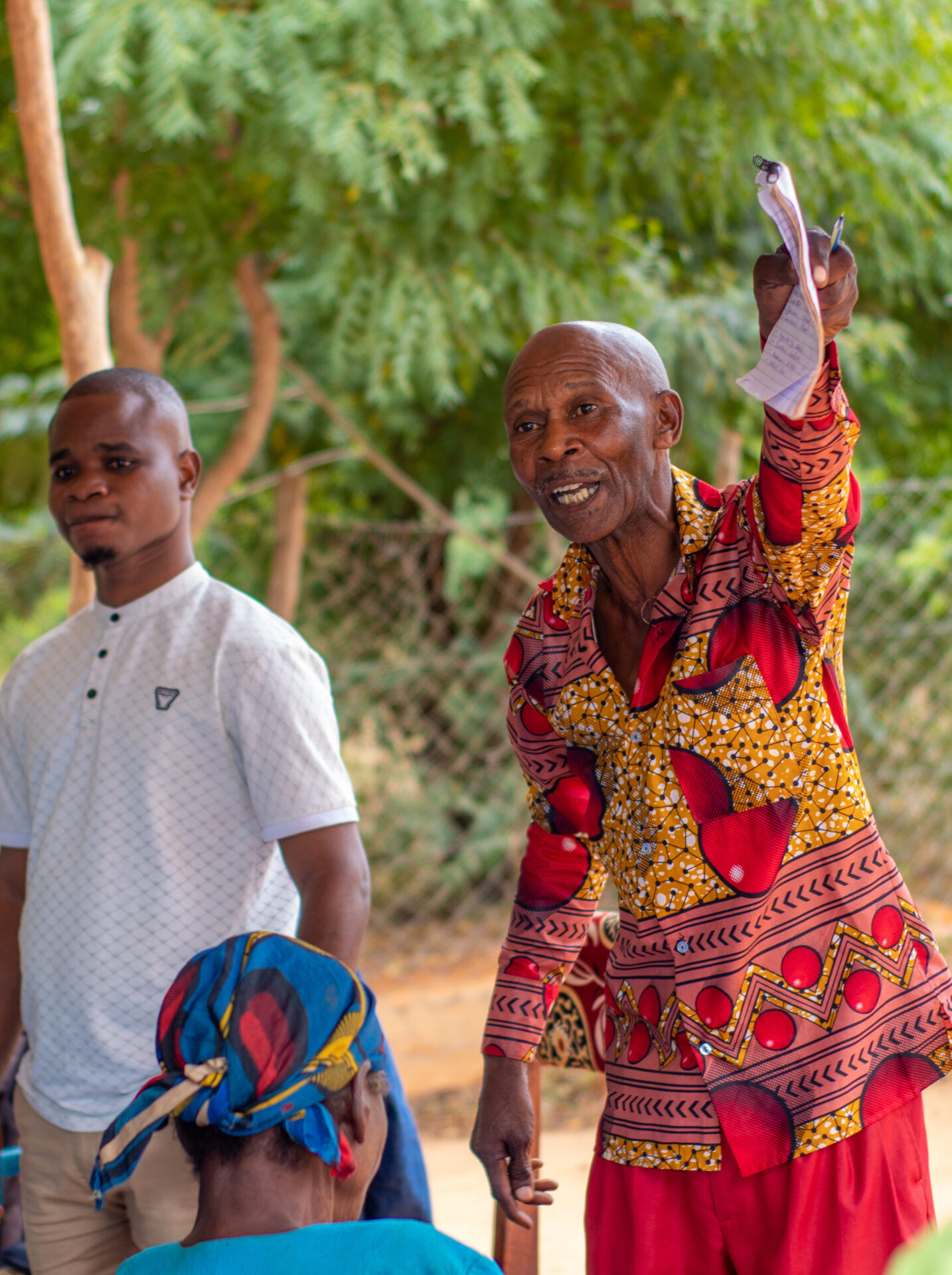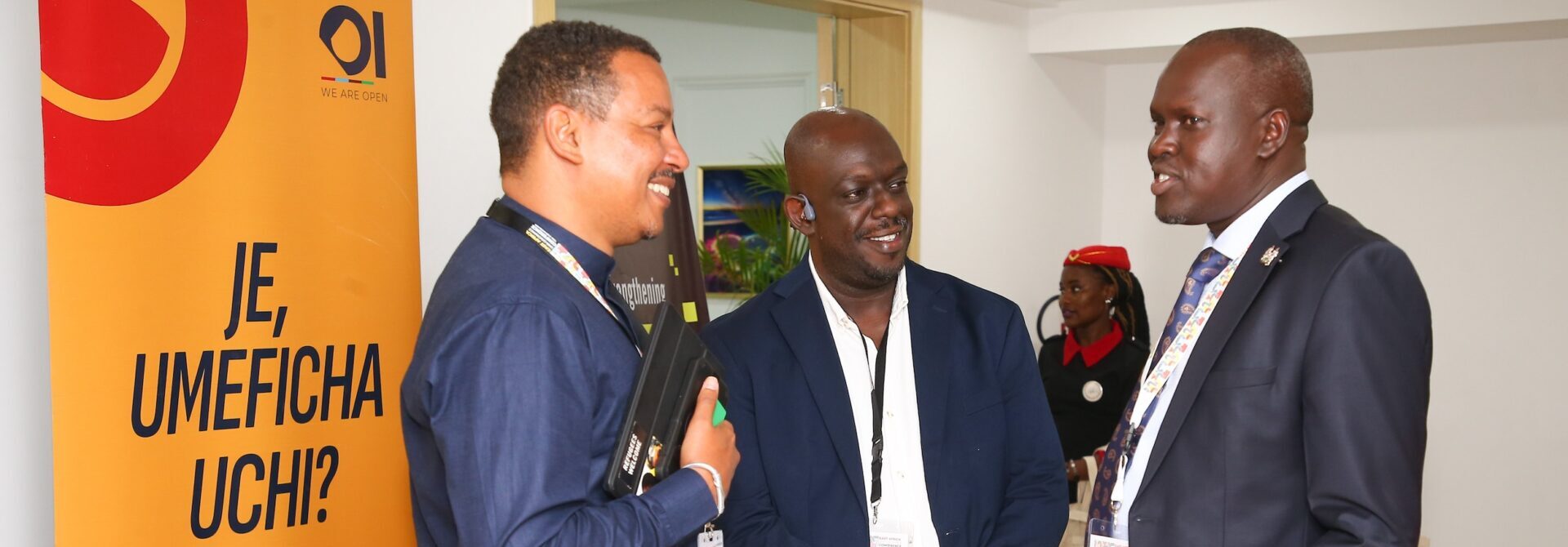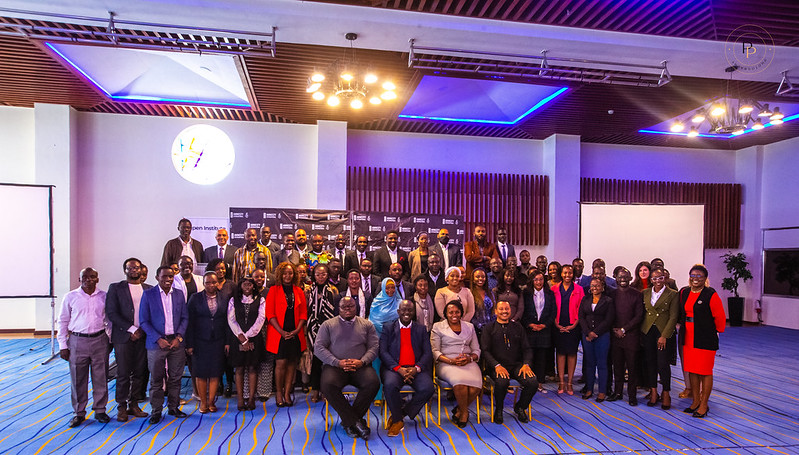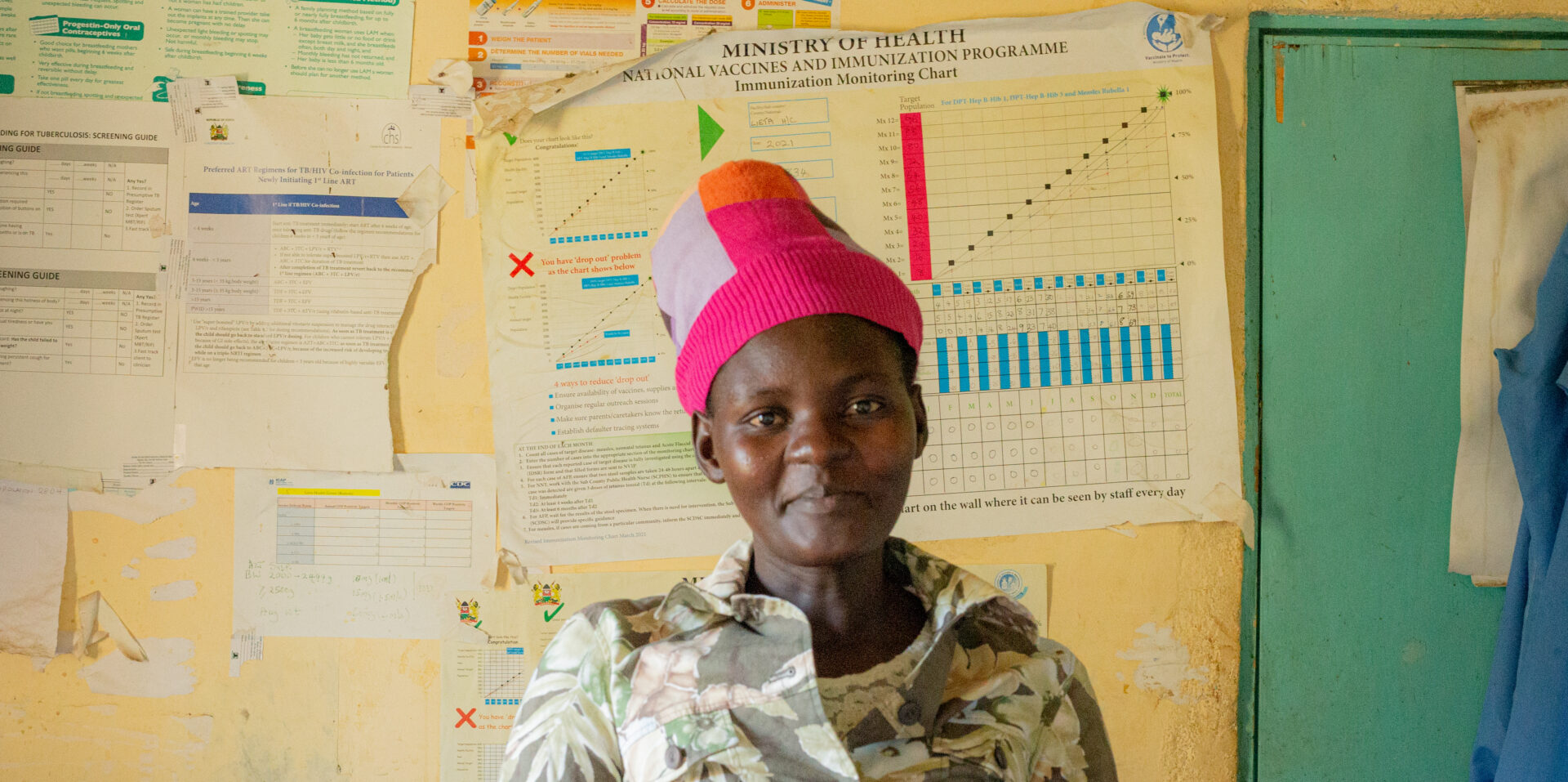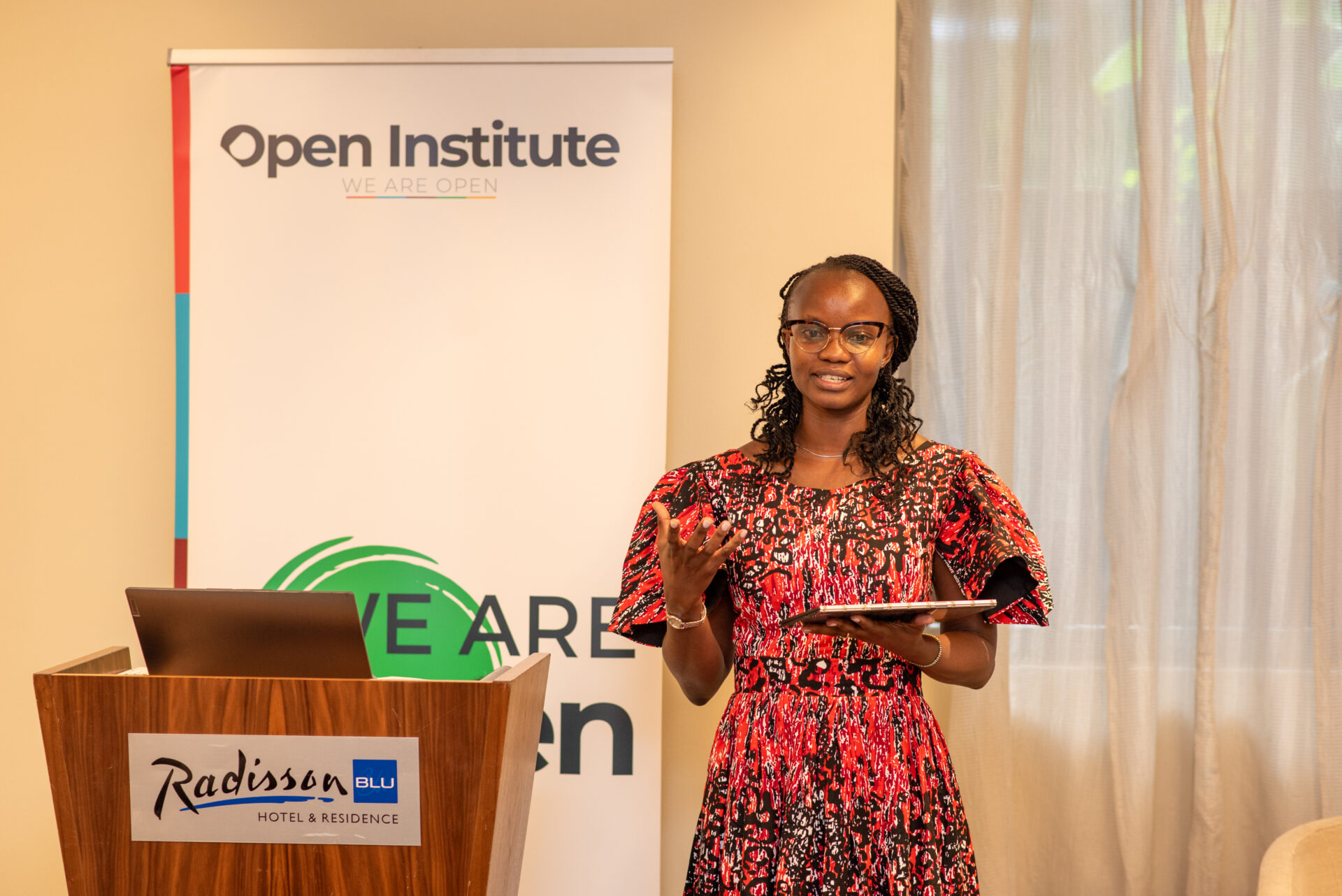When the COVID-19 pandemic hit our continent, it became apparent that some gaps, particularly the shortage of healthcare workers, existed across different African countries. The Africa CDC PACT Project, a brainchild of the health committee at the African Union (AU), sought to ensure that Africa was not left behind in matters of health. The project was developed on the principles of Testing, Tracing and Treating COVID-19 cases in a timely manner to minimise its effect on the African continent by making sure that the disease was well managed.
It is in this regard that the African Union and Africa CDC partnered with AMREF to put in structures that would onboard community health workers (CHWs) to undergo training and capacity building to assist rapid response teams in identifying COVID cases and connecting them to care. The project was initially piloted in 3 countries, then scaled up to 5 more countries, bringing the total to 8 countries across East, West and Southern Africa: Kenya, Uganda, Rwanda, Senegal, Guinea, Malawi, Zambia and South Africa. With a cumulative total of 8,550 community health workers spread across the countries, training was done and the CHWs are currently undertaking contact tracing even in the remote parts of these localities.
The objective was to ensure that CHWs are involved in the support of their communities and in the managing of the pandemic by assisting the rapid response team and connecting the sick to care.
Rehema Chengo, Project Coordinator
Interview with Rehema Chengo, Project Coordinator
The ambitious project took off in earnest, involving the CHWs visiting different homes and locations armed with a paper questionnaire with which they would note down and collect the necessary data required. This data would then be escalated from district level up to sub-national and national level before finding its way to the regional AU office. This process was plagued with delays due to the manual nature of data capture as well as the required government procedures which generally take about 3 weeks for most African countries. This posed a challenge since the regional AU office required reports on a fortnightly basis. Furthermore, the manual data collection process was prone to errors and delays particularly due to the need for various levels of data verification.
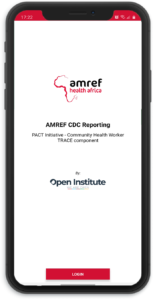
To combat these challenges, Advocacy Accelerator, a sister organisation of AMREF, contacted the Open Institute in a bid to find a solution to these issues. The Open Institute was able to provide a tool that could be used to collect data through a mobile device and transmit it to a centralised database allowing for real time reporting from the most remote areas in these countries. The speed of the data collection process has ensured that the team now has real time data to support their activities. In addition, data quality has greatly improved after eliminating the physical forms.
Eliminating the need to follow up with the country supervisors is another great benefit of the Sabasi app – all it takes is a quick check of the dashboard by the project coordinator in real time to get the data and generate reports, since the information is easily accessible. This has made the work of coordinating the countries much simpler and faster.
Looking ahead, based on the success of the project in particular the automation of the data collection exercise, a possible extension of the project period is imminent, with possible scaling up to include other African countries. The Open Institute is happy to continue to support this important project and play our part to ensure that when it comes to health in Africa, no one is left behind.

